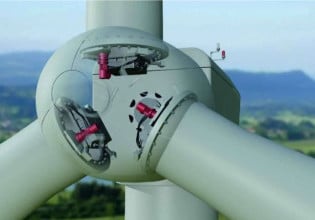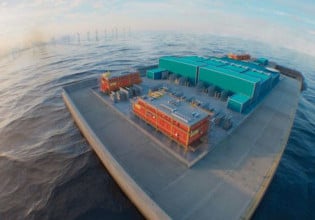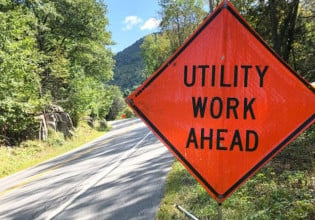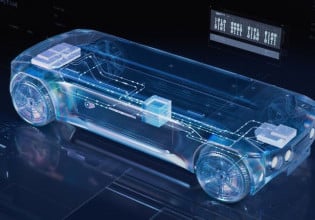The European Union (EU)’s Environmental Commission recently released statements focusing on the need for more stringent requirements of member governments to ensure greater energy efficiency via renewable sources. The statements called for the industries and governments of Europe to source 20% of the continent’s energy from renewable sources by 2020 (in 2005 the share was only 7%), as well as a need to "reduce the costs of renewable energy."
Issuing a "renewables roadmap," the EU is proposing a legislative framework that will provide, according to Stavros Dimas, European Environmental Commissioner, "long term stability and certainty for investors and the entire renewable energy industry." As a result, "prices for renewable energy would come down and renewable energies will take a bigger share of the market." Importantly, he noted that it is "essential to set binding obligations for renewable energy as the only way to achieve results." He concluded, "The failure until now to include the cost of pollution into market prices has given an economically unjustified advantage to fossil fuels compared with renewables."
The Commission also issued a warning that there are certain renewables (such as bio-mass stoves) that are not really "clean," and that distinctions need to be made between truly clean renewables (such as solar and wind) and those that emit the same emissions as diesel fuel in determining if EU participants are meeting the requirements.
The difficulty of the EU meeting such lofty renewable energy goals became apparent as many analysts noted that there is no way, under current market conditions, for the EU to derive 20% of its energy from renewable sources by 2020. EU ministers then watered down the Environmental Commission’s ambitious plan by emphasizing that the proposed targets should not be considered mandatory. A "radical plan" put forward by EU Competition Commissioner, Neelie Kroes, received support from only a small number of the ministers. Kroes issued an antitrust report that found that the market is not working properly and that new players needed access to energy suppliers, the network and to customers. She called for "full ownership unbundling," which would slit up energy companies that control infrastructure, power generation and supply. This would theoretically result in network operators not discriminating between energy companies or deciding not to invest in a network that would benefit rivals.
The difficulty facing the EU in finding a solution that can be embraced by each of its members is exemplified by France, which put forward its system – where the network is owned by partially state-run Electricite de France SA – as a model due to its already guaranteeing rivals' access to infrastructure, "fixing" producer prices, and mandating investment in new capacity. However, France also thinks that it is already meeting the EU emission reduction goals by its large-scale use of nuclear power.
Due to the complexities of the European energy market (really a diversity of markets), many observers are expecting the ministers to table the proposed laws of Environmental Commission when they meet again in March.






